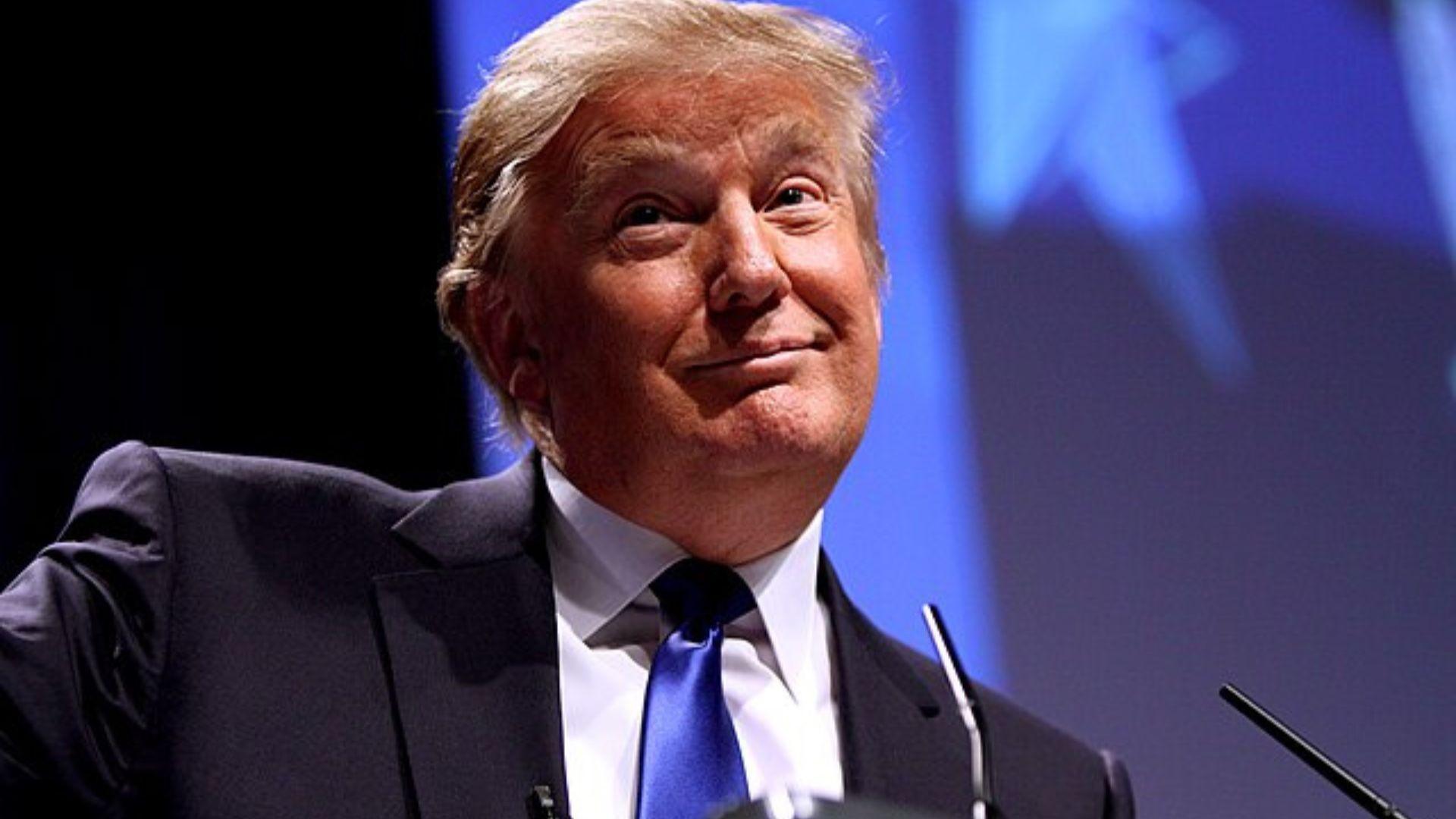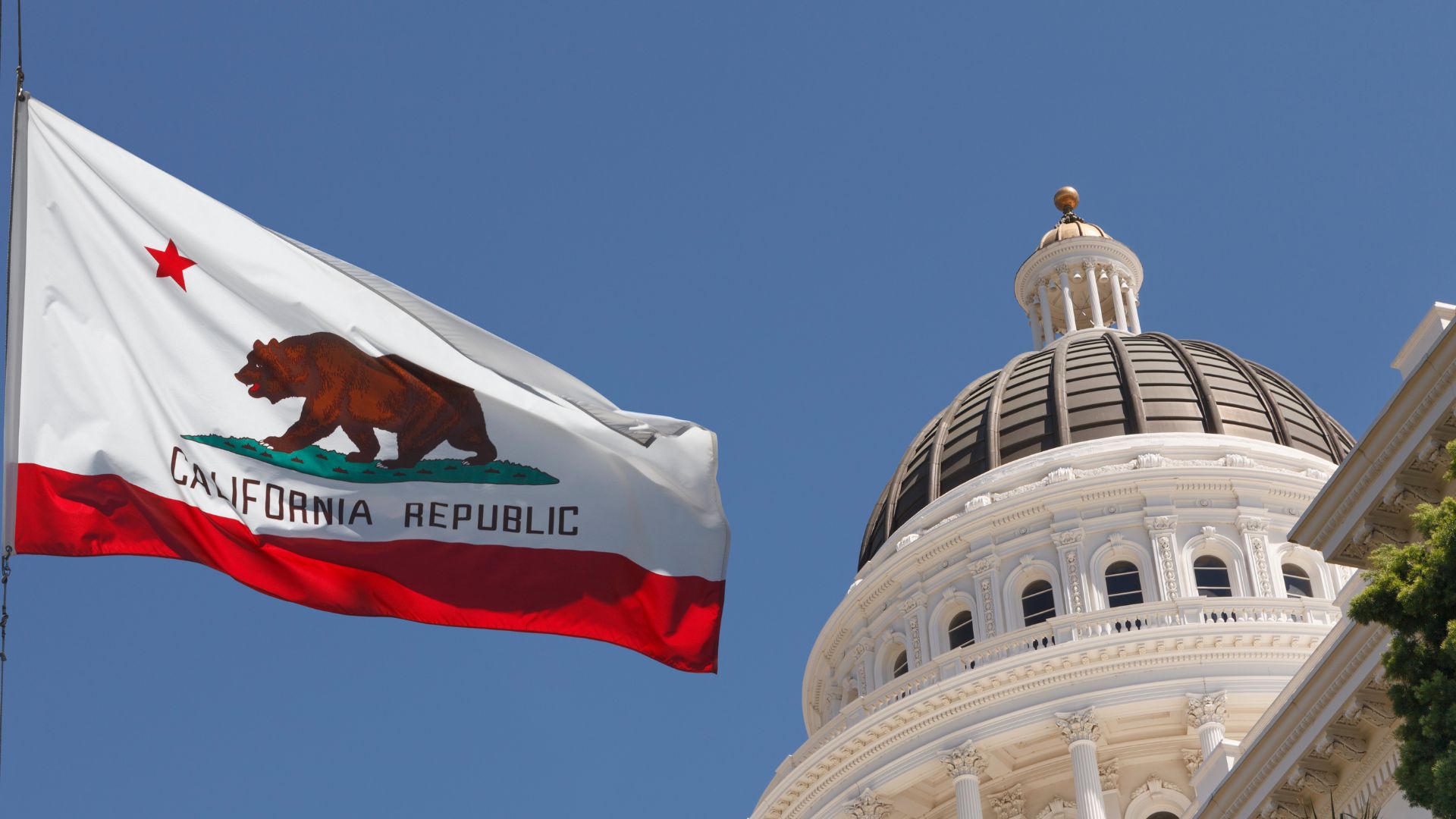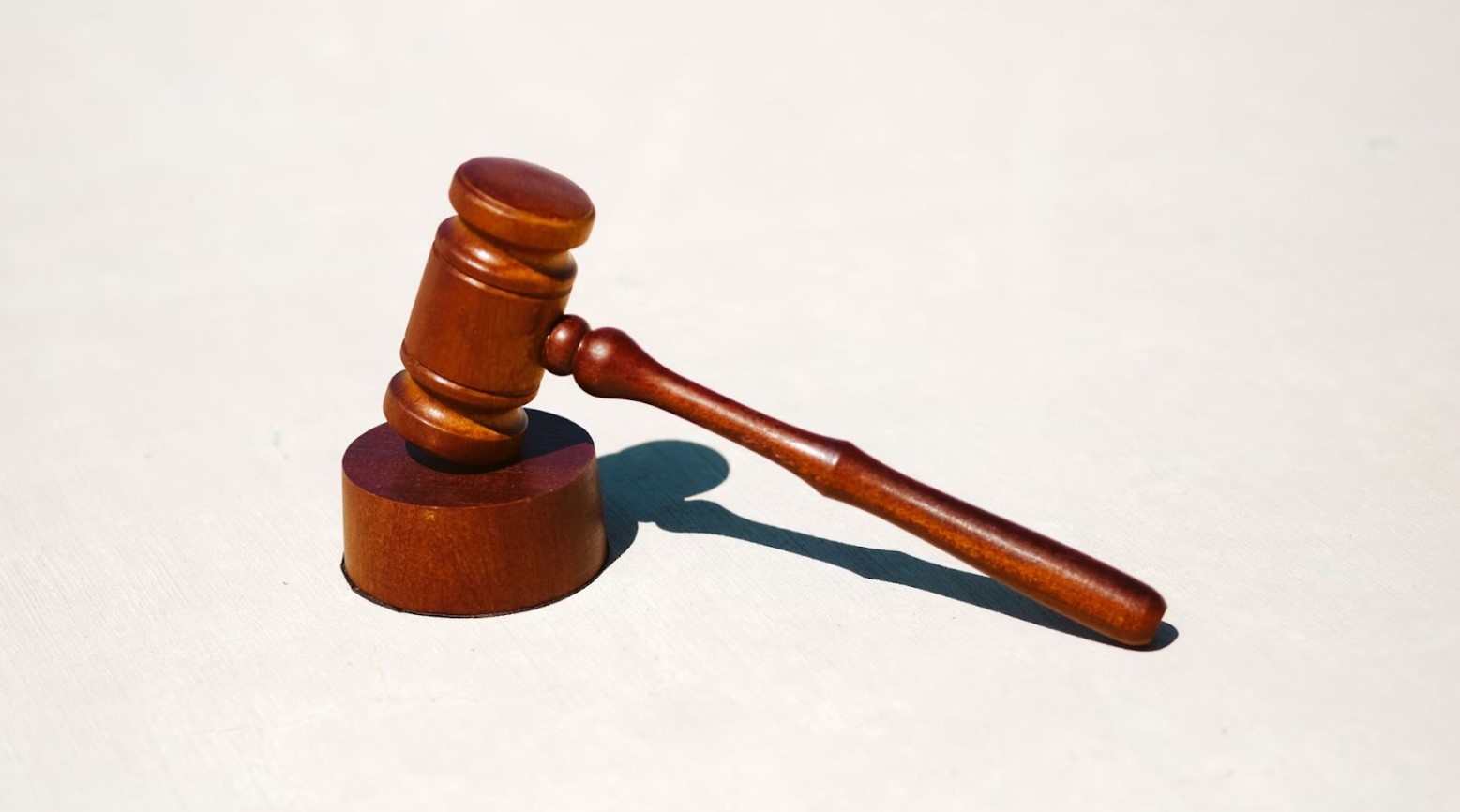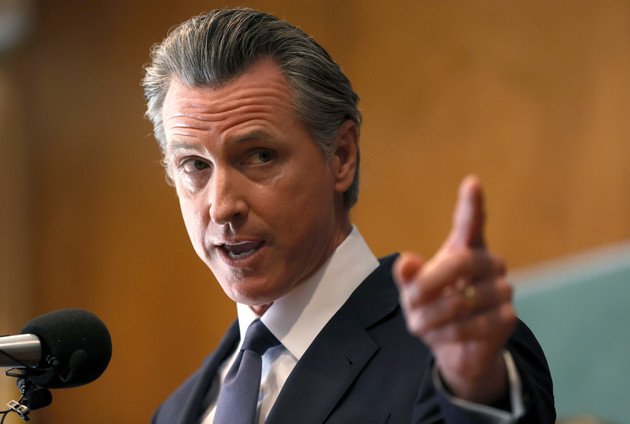OpenAI and Microsoft Back California’s Move to Combat AI-Driven Fake News
California is stepping up efforts to combat AI-driven misinformation with a new bill, AB 3211. This legislation aims to require tech companies to clearly label AI-generated content.
With increasing concerns about deepfakes and synthetic media influencing public opinion, this move is seen as a crucial step to ensure transparency and accountability in the digital landscape.
What is AB 3211?
AB 3211 mandates tech companies to embed watermarks in the metadata of AI-generated images, videos, and audio clips. The goal is to help the public distinguish between human-made and AI-generated content, especially during critical moments like elections.

Source: Bhutina65/Canva Pro
The bill has already passed the California Assembly with a unanimous 62-0 vote, highlighting strong bipartisan support.
Why Tech Giants Like OpenAI and Microsoft Support the Bill
Despite initially calling AB 3211 “unworkable” and “overly burdensome,” OpenAI, Microsoft, and Adobe have changed their stance. They now back the bill as part of a broader effort to maintain content provenance and authenticity.

Source: Wikimedia
These tech giants are part of the Coalition for Content Provenance and Authenticity, which is driving initiatives for digital content transparency.
The Role of the C2PA Digital Signature System
The Coalition for Content Provenance and Authenticity (C2PA) developed a digital signature system to trace the origins of online content.

Source: Tranmautritam/Pexels
This system is already being incorporated into cameras by manufacturers, demonstrating the tech industry’s commitment to ensuring that AI-generated content is easily identifiable and traceable.
Growing Concerns About AI-Generated Misinformation
As the world faces a wave of elections, concerns about AI-generated misinformation are at an all-time high. In countries like Indonesia, AI-generated deepfakes have already played a prominent role in shaping political discourse.

Source: Gage Skidmore/Wikimedia Commons
With nearly a third of the global population heading to the polls, lawmakers are racing to put safeguards in place to prevent AI misuse.
How AI-Generated Content Can Manipulate Public Opinion
AI-generated content, from deepfakes to synthetic news articles, has the potential to sway public opinion and spread false narratives.

Source: Freepik
Experts worry that without clear labeling, these tools could become powerful instruments for political manipulation, particularly in societies with low media literacy levels.
OpenAI’s Perspective on AI Content Transparency
OpenAI Chief Strategy Officer Jason Kwon emphasized the importance of new technologies and standards to help people understand the origin of online content.

Source: Freepik
In a letter to California State Assembly member Buffy Wicks, Kwon stated that transparency, such as watermarking AI-generated content, is crucial to prevent confusion between human-generated and photorealistic AI-created material.
The Debate Over AI Regulation Intensifies
While AB 3211 has gained support, another California AI bill, SB 1047, has faced backlash from the tech industry. SB 1047 requires AI developers to conduct safety testing on their models.

Source: Freepik
Tech companies, including OpenAI, argue that this requirement could stifle innovation and impose excessive burdens on developers.
The Legislative Push for AI Accountability in California
California lawmakers have introduced 65 AI-related bills this legislative season, ranging from ensuring unbiased algorithmic decisions to protecting the intellectual property of deceased individuals from AI exploitation.

Source: Canva
However, many of these bills have failed, showing the complexity and controversy surrounding AI regulation.
Potential Impact of AB 3211 on Social Media Platforms
If passed, AB 3211 will also affect social media platforms like Instagram and X, requiring them to clearly mark AI-generated content.

Source: Wikimedia
This could significantly change how social media companies operate, pushing them to develop new tools and technologies to comply with the law.
The Next Steps for AB 3211
AB 3211 is set for a vote by the California Senate by the end of August 2024. If it passes, the bill will move to Governor Gavin Newsom, who must decide by September 30 whether to sign it into law or veto it.

Source: Tingey Injury Law Firm/Unsplash
The outcome could set a precedent for other states and countries considering similar regulations.
The Future of AI and Content Authenticity
As AI technology continues to evolve, the debate over content authenticity and transparency is likely to intensify.

Source: @QuoteDigging/X
California’s efforts with AB 3211 could pave the way for a new standard in how AI-generated content is handled globally, ensuring that the digital world remains a space of trust and accuracy.
